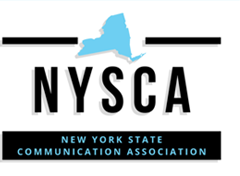Abstract
Abstract
This paper proposes a model for the understanding and management of curriculum change in the academy. The model links Ruben’s five stages in the planning and management of change with his five crucial stages in the change process to provide a way to understand and manage the curriculum change process. Additionally, Ruben’s framework is linked to Lewis’ Stakeholder Communication Model which is particularly sensitive to stakeholder’s perceptions and assessments of each other. It helps to further explain and direct the efforts necessary to manage the proposal and process of change. In essence, this model integrates theory into practical matters.
By exploring the interpersonal relationships between stakeholders in the change phenomenon, it is possible to frame a plan for successfully proposing change in the academy. Key factors in any change are the persons affected by that change and their mindsets, which are embedded in the cultures of the groups to which they belong. The power of paying attention to these cultural norms cannot be underestimated in communicating about change. The buy-in of these key stakeholders and the ripple effect of their acceptance or rejection of a proposal on others in their academic networks are clearly critical at each step in the change process and need to be incorporated when proposing change.
Recommended Citation
Dwyer, Maria
(2014)
"Stakeholder Communication in Proposing Change,"
Proceedings of the New York State Communication Association: Vol. 2013, Article 2.
Available at:
https://docs.rwu.edu/nyscaproceedings/vol2013/iss2013/2

